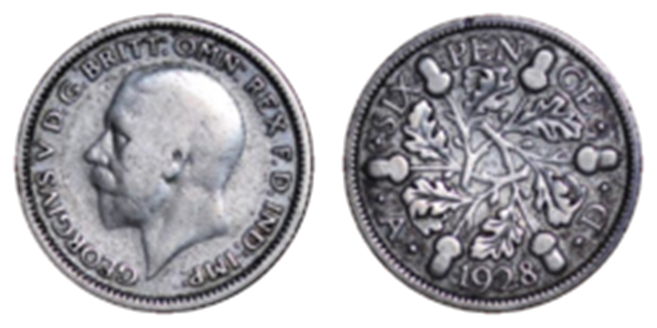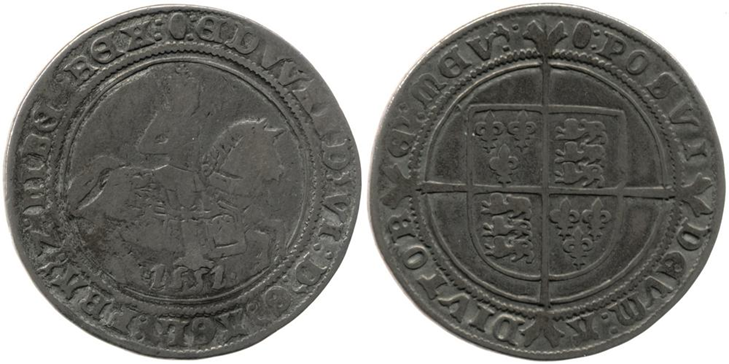Polling Day on Coins
Top photograph Illustration by kind permission of Noonan’s Mayfair
P. Nerva, Denarius, c. 113-112, helmeted head of Roma left, spear over shoulder, rev. voting scene within the comitium, 3.27g (Craw. 292/1; BMCRR Italy 526-8; RSC Licinia 7; RCV 169). Light scratch in field before face, otherwise very fine LOT 345 AUCTION 13 OCTOBER 2022 HAMMER PRICE £100
Great excitement! Britain had a General Election on 4th July. Electors choose their representative and the leader of the party that can command a majority in the House of Commons is invited by the King to form a government. All very polite and businesslike. When the next election will be held, no-one knows as the length of parliaments are not fixed. Perhaps an essential difference is in Britain candidates stand for election and in America they run for office. Whatever the similarities and differences, democracy is a right and a privilege that people given their lives for.
The election made me think of numismatics (and why not?). This denarius features a voting scene. Not much technology here and the electorate in Ancient Rome was small, limited to wealthy men, but this coin celebrates voting. Two figures on a bridge or perhaps the same individual before and after an attendant handing the voter a ballot or token to indicate his choice.
The Comitium was the original open-air public meeting space in Rome. The name comes from the Latin word for "assembly". The Comitium was at the northwest corner of the Forum. It was the location for much of the political and judicial activity of Rome and the meeting place of the Curiate , the earliest assembly of organised voting divisions of the Republic. During the Roman Republic, the Tribal Assembly and Plebeian Assembly met there. The Comitium was in front of the meeting house of the Roman Senate. The voting figures are set on a pons, (bridge) leading to the voting area. The bridge was placed there to isolate voters, I am not sure from the public or themselves.
This silver coin was minted in Rome, probably by Publius Licinius Nerva, in either 113 or 112 BC. Above the voting scene, is the inscription 'P. NERVA' referring to the moneyer. Above that is a bar on which stands a tablet bearing the letter P (too worn to see on this coin). Perhaps the letter P is a reminder who to vote for.
The obverse has ROMA, helmeted bust of Roma facing left, holding spear and shield, mark of value to left.
Other coins that refer to elections include the pennies stamped with the words VOTES FOR WOMEN in the 1910s supporting the Suffragette movement.
second photograph
The 2003 50 pence coin commemorated the same campaign and in 2018 The Royal Mint released a 50p to commemorate the 100th Anniversary of The Representation of the People Act being passed. This legislation granted the vote to servicemen over the age of 19, to all men over the age of 21, and to women over the age of 30.
Some elections have been decided on the toss of a coin when the counting was too close to call.
I am sure there are other democracy and voting themed coins.
There are certainly tokens and medals issued by candidates and political parties. I'd be curious myself to learn of numismatic items related to voting itself. -Editor
Sources
• Wikipedia
• Foss. C., (1990). Roman Historical Coins, Seaby, London
To read earlier E-Sylum articles, see:
EXHIBIT: DEFACED! MONEY, CONFLICT, PROTEST (https://www.coinbooks.org/v25/esylum_v25n41a12.html)
BALLOT BOX ON ROMAN COIN (https://www.coinbooks.org/v27/esylum_v27n12a23.html)
LOOSE CHANGE: JUNE 23, 2024 : Biden-Trump Debate Format Settled by Coin Flip (https://www.coinbooks.org/v27/esylum_v27n25a24.html)
This article appeared in the E-Sylum on 1st July 2024











